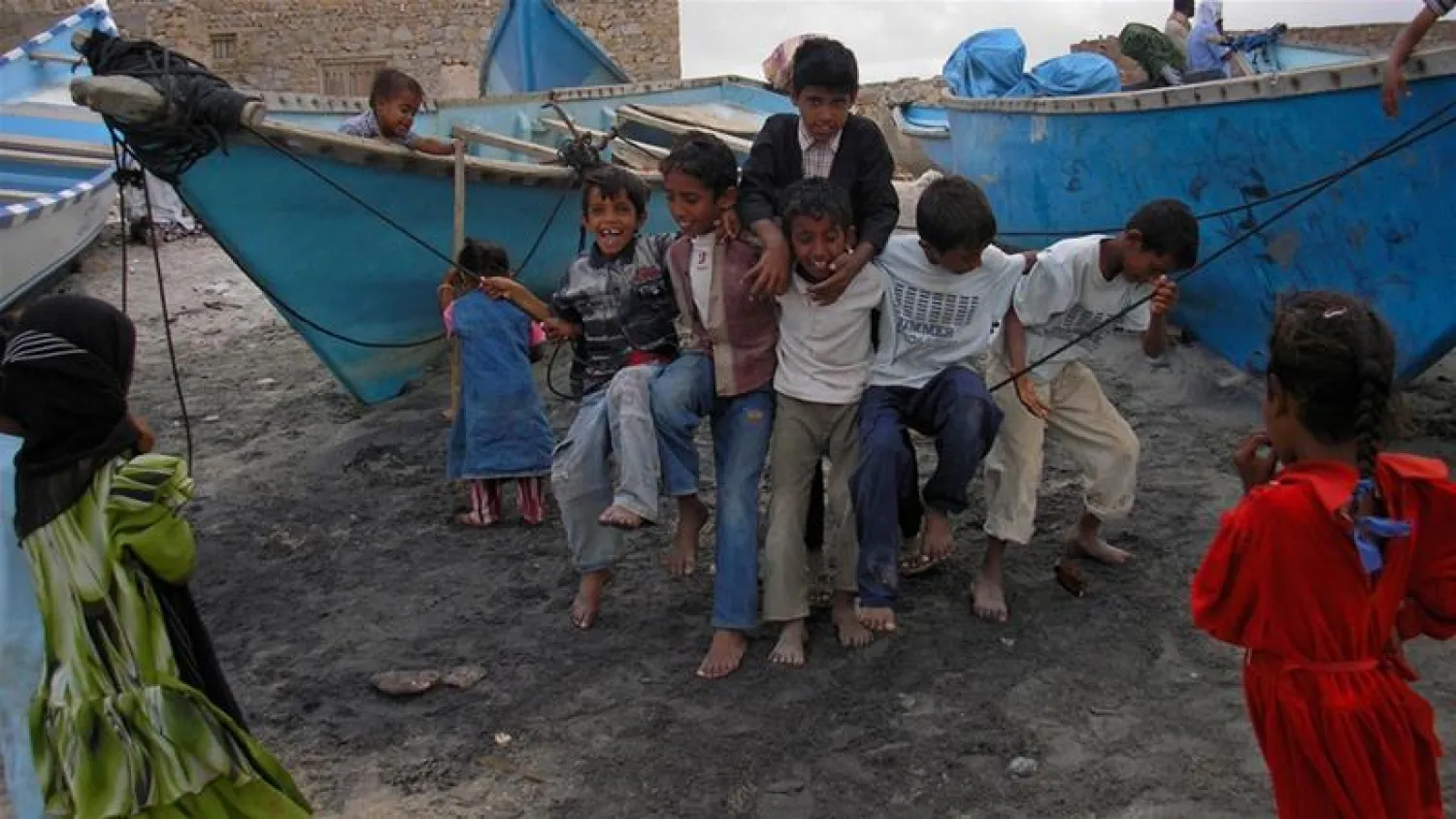UN Office for the Coordination of Humanitarian Affairs in Yemen confirmed its response to the High Relief Committee in Yemen call for the relief of Socotra.
The office indicated that it sent a team to the area to identify all needs.
Acting Humanitarian Coordinator for Yemen Oki Lutsma sent a letter to the Minister of Local Administration and Chairman of the Yemeni Higher Relief Committee, Abdurraqib Fateh, informing him that the office urgently provided 10 tons of relief and therapeutic materials, 1000 kits of shelter, 4000 hygiene items and 35 containers of drinking water.
The Office indicated that it had formed a team to determine the needs of the island and continue to provide them for the citizens.
Meanwhile, governor of Socotra Ramzi Mahroos received a delegation from different United Nations organizations that arrived in the area to assess the needs of the people.
Saba news agency reported that Mahroos said that Socotra's local authority had procured four months' worth of food aid before Mekunu struck destroying the ships laden with thousands of tons of commodities and caused dozens of merchants to lose millions of Riyals. He said the province is without any food up stocked on for the windy season, while the available food supplies barely cover a single month's worth of consumption.
The governor warned that an acute humanitarian disaster is looming unless the humanitarian organizations do something.









